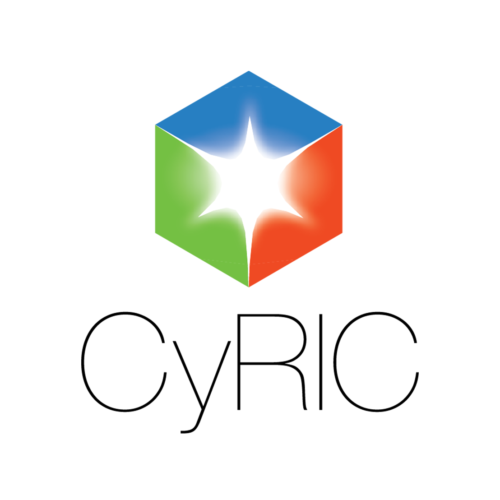The limitations of current detection methods for milk contaminants
Laboratory Methods
Time-consuming: 3+ hours if they have to be outsourced.
Expensive: Thousands are spent each year to cover the analysis costs of production-level quantities.
Require specialisation: Specialised staff is required to perform the tests and analyse the samples.
Rapid Screening Methods
No simultaneous detection: Can either detect Aflatoxin-M1 or antibiotics.
Low reliability: Although they are fast, 10-40 minutes, many false positives are produced.
Dependant on laboratory verification: In case of positive results, a lab test verification is anyway needed addding to costs and delays.
The MILI Innovation
MILI instrument is based on state-of-the-art biophotonics, combining customised biosensors, optical analysis, electronics and software modules. The proposed technology aims to achieve the following:
(a) Assay system able to simultaneously detect the concentration of specific antibiotics and aflatoxin below the MRLs as per EU regulations,
(b) Quality of analysis equivalent to that provided by laboratories,
(c) No need for trained personnel to perform the test/collect samples,
(d) Results in less than 10 minutes,
(e) Costs that are significantly lower than those of current market- available solutions.
The project is implemented under the programme of social cohesion ”THALIA 2021-2027” co-funded by European Union, through Research and Innovation Foundation.


Project objectives

Project Scope
MILI is a pioneering project aiming to revolutionising the way that milk quality analysis is currently performed, significantly increasing dairy product safety and quality in favour of the consumers.
Research activities in the project are focused on photonics technology and biosensing methods, both cutting-edge fields and key enabling technologies for multiple application domains.

Roadmap towards system validation
During the project specific objectives are to be accomplished, aiming to:
• Establish user and system requirements
• Conceptual design based on requirements.
• Design and develop all system modules.
• Integrate and develope a fully functional MILI prototype.
• Prepare the validation protocol.
• Test and validate the functionality of the prototype.
• Assess the performance against all evaluation metrics & technical KPIs.
Latest News
Dopaminas: El Destino Definitivo para Jugar en Argentina
En el vibrante y competitivo mundo del entretenimiento online argentino, un nombre ha comenzado a resonar con fuerza, convirtiéndose en sinónimo de confianza, emoción y oportunidades sin igual: Dopaminas. Mucho[…]
Read moreInterviews with MILI stakeholders continue
Realisation of a number of interviews with important stockholders for identifying and addressing system requirements. The interviews involved stakeholders from different groups related to Farming (farms, storage facilities, vets), Transportation/Distribution,[…]
Read morePresentation of MILI project
Presentation of MILI project by our project coordinator Mrs. Maria Aspri, at the 1st Pancyprian Conference “Rural Development: From Research to Practice“. The event took place on the 24th November 2022[…]
Read moreContact us!
Find out more about our team and our project




